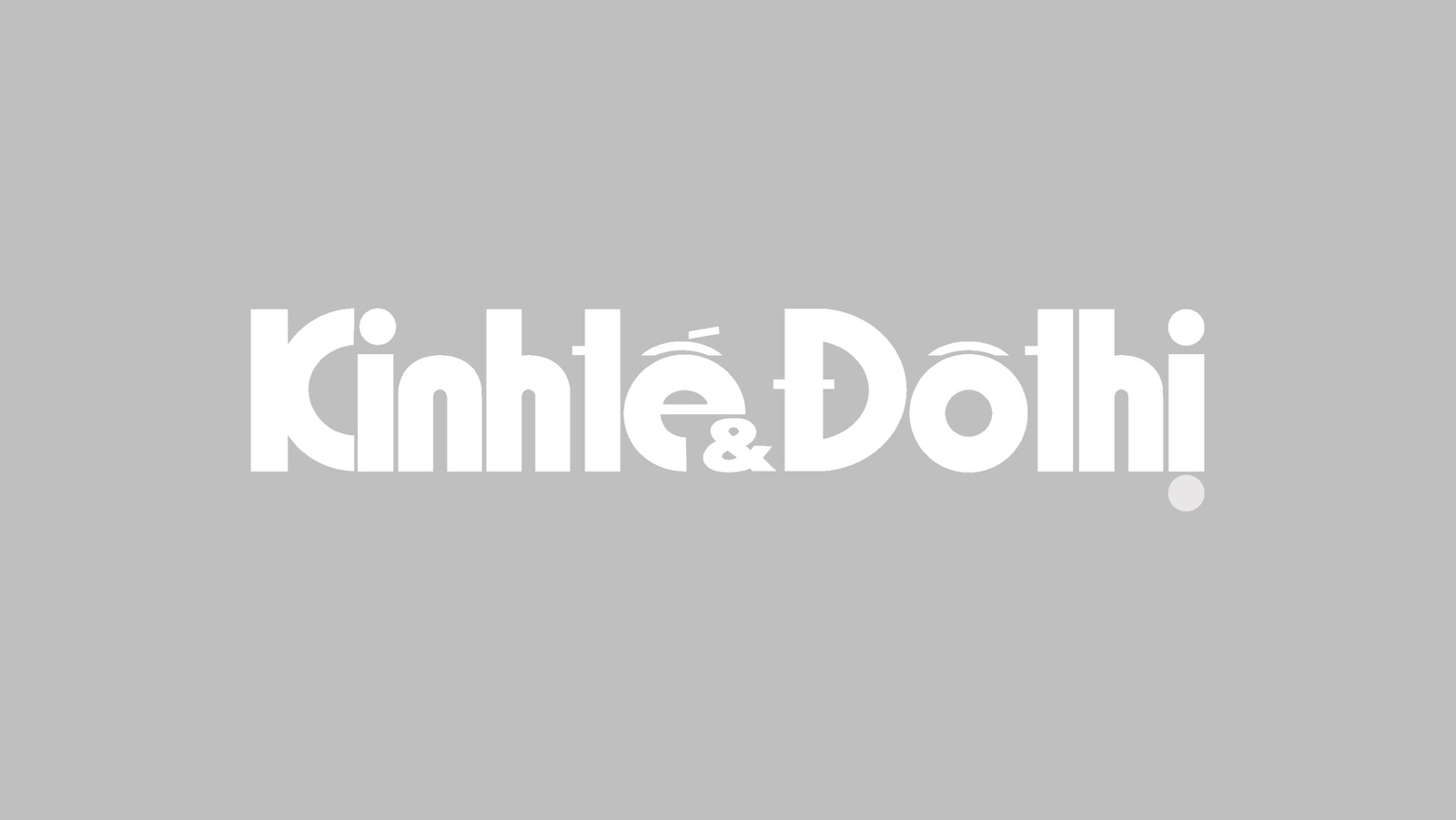Social Affairs
25% of Vietnamese employees expected to quit jobs if unhappy with Tet bonus
Dec 27, 2018 / 05:12 AM
Some 64% of enterprises said that they will pay more than one-month salary to employees on the occasion of Lunar New Year 2019.
More than 25% of Vietnamese employees will quit their jobs if they feel 2019 Tet bonus is inadequate, Navigos Group informed in its 2019 welfares and Tet holiday report.
Surveys show that up to 27% of the respondents said they would choose to quit their jobs if they do not receive the expected bonus and apply for jobs elsewhere with better Tet bonuses, 55% choose to present to the company a collective demand for better bonuses with their co-workers.
The report added that 64% of enterprises said that they will pay more than one-month salary to employees on the occasion of Lunar New Year 2019.
The report also showed that this Tet bonus policy has already been decided by many businesses and it’s expected to remain unchanged compared to 2018. Tet bonus will depend on the business situation, the work performance, and bonuses of exponentials of the monthly salary. This way of paying bonus is just as expected by the workers.
Although employees are interested in Tet bonuses, only 37% of employers are willing to show information about Tet bonuses in their job seeking descriptions. Meanwhile, 53% of job seekers always look for Tet bonus information when finding jobs.
Besides bonuses, welfare is the leading factor affecting the decision to job apply. Candidates showed interest in "welfare" as 86% said they often seek information about welfare when finding a job. Understanding this concern, 84% of employers also said they have fully displayed the benefits of job seeking annoucement.
General Manager of Navigos Group Gaku Echizenya said that instead of looking forward to receiving benefits packages that only relate to bonuses like 2017, job seekers’ top three welfare packages now include health checks, work tool support and training programs.

Tet bonuses capture major attention at year-end. Photo: nld.com.vn
|
The report added that 64% of enterprises said that they will pay more than one-month salary to employees on the occasion of Lunar New Year 2019.
The report also showed that this Tet bonus policy has already been decided by many businesses and it’s expected to remain unchanged compared to 2018. Tet bonus will depend on the business situation, the work performance, and bonuses of exponentials of the monthly salary. This way of paying bonus is just as expected by the workers.
Although employees are interested in Tet bonuses, only 37% of employers are willing to show information about Tet bonuses in their job seeking descriptions. Meanwhile, 53% of job seekers always look for Tet bonus information when finding jobs.
Besides bonuses, welfare is the leading factor affecting the decision to job apply. Candidates showed interest in "welfare" as 86% said they often seek information about welfare when finding a job. Understanding this concern, 84% of employers also said they have fully displayed the benefits of job seeking annoucement.
General Manager of Navigos Group Gaku Echizenya said that instead of looking forward to receiving benefits packages that only relate to bonuses like 2017, job seekers’ top three welfare packages now include health checks, work tool support and training programs.








